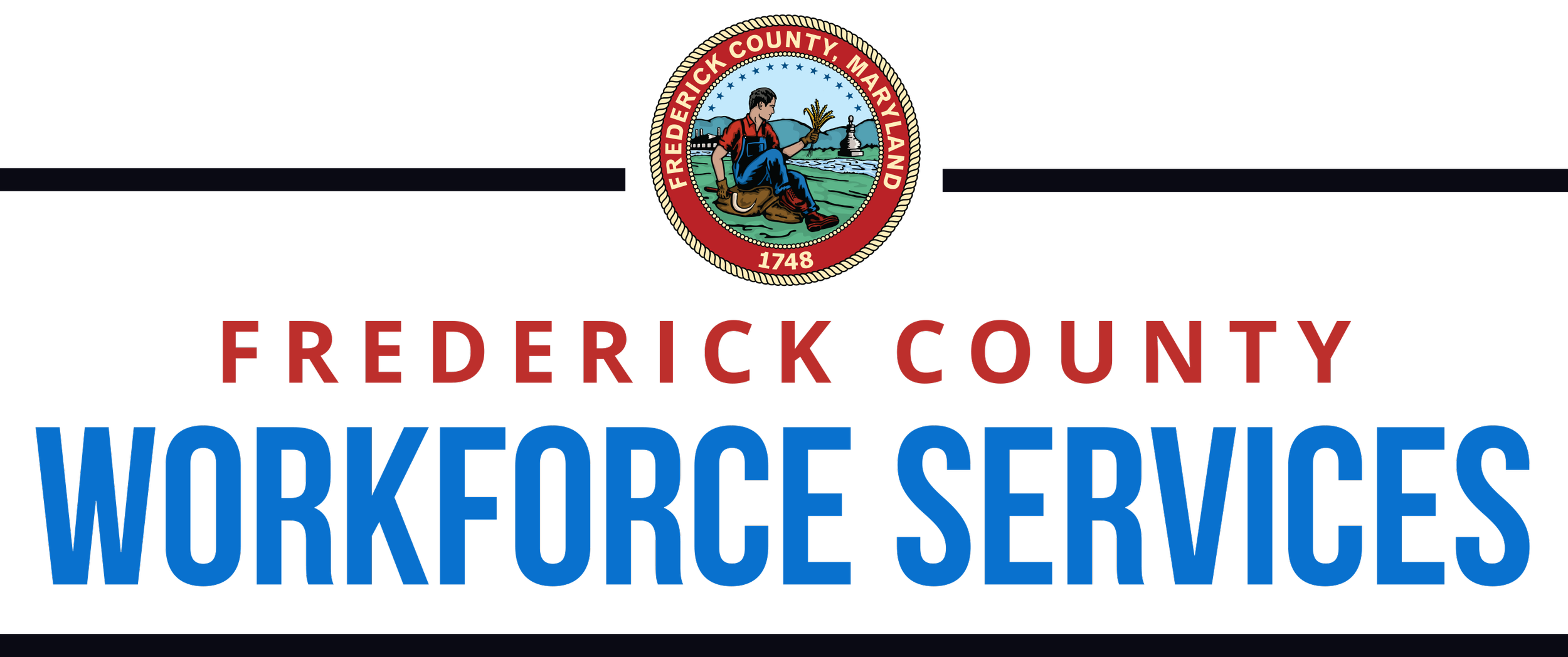Questions You Shouldn’t Ask in an Interview
What to Ask Instead
By Rena Larkin, CPRW, GCDF, CCSP, CEMP, Employment & Training Consultant
Asking thoughtful questions during an interview is one of the best ways to show your enthusiasm and genuine interest in the role. It helps you understand what the employer is looking for and gives you a chance to connect your experience to their needs.
However, some questions can hurt your chances if asked too early in the process. Here are nine questions you should avoid in an initial interview — and what to ask instead.
1. “How much will I make?”
Salary is an important topic, but timing is everything. Asking about pay too soon can make it seem like you’re only interested in the money, not the position or the company.
Better approach: Wait until you’ve been invited back for a later-stage interview or an offer conversation. Then you can ask, “Can you share the salary range for this role?” This phrasing is professional and shows respect for the process.
2. “Who do I talk to about vacation time?”
Bringing up time off before you’ve even landed the job sends the wrong message. Employers want to see commitment, not concerns about your next day off.
Better approach: If you reach the offer stage and need to discuss a previously scheduled event, bring it up then — and only then.
3. “Where is my parking space?”
Questions about parking, lunch breaks, or office décor come off as superficial in an interview. These details will be covered once you’re hired.
Better approach: Focus your questions on the work itself, the team, and how success is measured. Logistics can wait.
4. “What does the company do?”
This is a surefire way to end your interview early. Researching the company beforehand is your responsibility. You should know their products, mission, industry, and recent news.
Better approach: Ask deeper, more insightful questions like:
“What are the biggest challenges someone in this position will face?”
“How would you describe the company culture?”
“How has the company’s strategy evolved in light of [specific recent event or change]?”
5. “When do I start?”
Confidence is great — arrogance is not. Assuming you’ve got the job before it’s offered can rub interviewers the wrong way.
Better approach: Ask, “When do you expect to make a hiring decision?” This shows interest without overstepping.
6. “How flexible is the company?”
Asking about flexibility too soon can sound like you’re more interested in bending the rules than contributing.
Better approach: Demonstrate first that you’re the right fit. Once you’ve established your value, you can discuss flexibility — ideally during later interviews or after receiving an offer.
7. “Can I telecommute?”
If remote work isn’t mentioned in the job description, the company likely expects on-site work. Asking about telecommuting early may signal that you’re not aligned with their expectations.
Better approach: Ask indirectly to gauge their culture:
“Can you tell me how your team typically collaborates — in person or virtually?”
This keeps the tone neutral and professional.
8. Any personal question
A bit of small talk is fine, but steer clear of personal questions about family, age, or marital status. These topics are not appropriate and can make an interviewer uncomfortable.
Better approach: Keep it light and professional — comment on something neutral, like office décor or a shared interest, if appropriate.
9. Asking too many questions
While asking questions is good, firing off too many can make you seem unfocused or nervous.
Better approach: Prepare 3–5 thoughtful questions. Ask the most important ones first and save the rest for a follow-up interview.
Final Tip
The key to a great interview is balance — showing curiosity without overstepping, confidence without arrogance, and enthusiasm backed by preparation. Thoughtful questions can turn a good interview into a memorable one — just make sure they’re the right ones.
Need help preparing for interviews? Visit our Events page to sign up for an interview workshop or schedule a one-on-one Job Search support Session.
